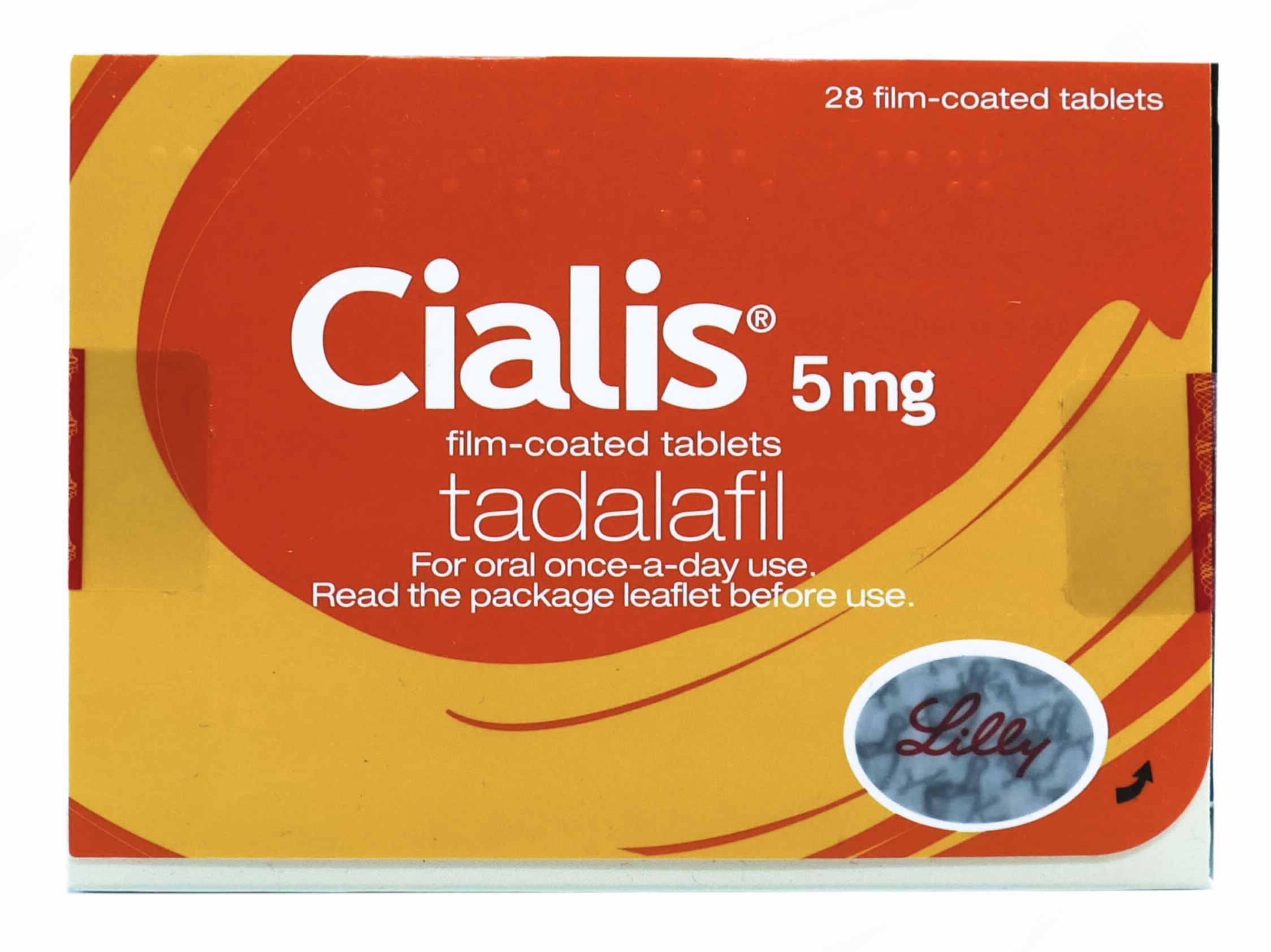Cialis: Health Benefits & Risks
What are the health benefits of Cialis?
Cialis is a medication used to treat erectile dysfunction (ED) and symptoms of benign prostatic hyperplasia (BPH). It contains the active ingredient tadalafil, which belongs to a class of medications called phosphodiesterase type 5 (PDE5) inhibitors. Some of the health benefits of Cialis include:
- Treatment of erectile dysfunction (ED): Cialis is effective in treating ED by increasing blood flow to the penis, which helps achieve and maintain an erection suitable for sexual activity. It can improve erectile function in men with ED, including those with diabetes or prostatectomy (surgical removal of the prostate gland).
- Treatment of benign prostatic hyperplasia (BPH): Cialis is also used to treat the symptoms of BPH, a condition characterized by an enlarged prostate gland. It can help improve urinary symptoms such as frequent urination, urgency, weak stream, and incomplete bladder emptying.
- Treatment of both ED and BPH: Cialis is approved for the treatment of both ED and BPH in men who have both conditions. It can help improve erectile function and relieve urinary symptoms associated with BPH.
- Treatment of pulmonary arterial hypertension (PAH): In some cases, Cialis is used to treat PAH, a condition characterized by high blood pressure in the arteries of the lungs. It helps relax the blood vessels in the lungs, allowing blood to flow more easily.
- Treatment of symptoms of prostatitis: Cialis may also help relieve symptoms of prostatitis, an inflammatory condition of the prostate gland, although more research is needed in this area.
It’s important to note that Cialis should only be used under the supervision of a healthcare provider and as prescribed. It may not be suitable for everyone, and it can cause side effects and interactions with other medications. It’s important to discuss the potential benefits and risks of Cialis with your healthcare provider before starting treatment.
What are the health risks of Cialis?
Cialis, like all medications, can cause side effects and carry certain health risks. It’s important to be aware of these risks and discuss them with your healthcare provider before starting treatment. Some of the health risks associated with Cialis include:
- Priapism: Cialis can cause priapism, a painful erection that lasts longer than 4 hours. Priapism can damage the penis and may require medical treatment to prevent long-term complications.
- Hypotension: Cialis can cause a sudden drop in blood pressure, especially when taken with other medications that also lower blood pressure. This can lead to dizziness, lightheadedness, fainting, and in severe cases, cardiovascular collapse.
- Vision changes: Cialis can cause vision changes, including temporary vision loss or changes in color vision. These side effects are rare but may be serious and require medical attention.
- Hearing loss: Cialis has been associated with cases of sudden hearing loss or ringing in the ears (tinnitus). These side effects are rare but may be permanent and require medical attention.
- Allergic reactions: Some people may be allergic to Cialis and may experience symptoms such as rash, itching, swelling, dizziness, or difficulty breathing. If you experience any of these symptoms, seek medical attention immediately.
- Cardiovascular effects: Cialis can increase the risk of cardiovascular events such as heart attack, stroke, and irregular heartbeat, especially in patients with preexisting cardiovascular disease or risk factors.
- Interaction with nitrates: Cialis should not be taken with nitrates, as this combination can cause a sudden and serious decrease in blood pressure.
- Interaction with other medications: Cialis can interact with other medications, including alpha-blockers, antihypertensives, and certain antibiotics, increasing the risk of side effects.
- Other side effects: Common side effects of Cialis include headache, indigestion, back pain, muscle aches, flushing, and stuffy or runny nose.
It’s important to use Cialis only as prescribed by a healthcare provider and to follow their instructions carefully. If you have any questions or concerns about Cialis, talk to your healthcare provider.
TL; DR: Cialis Summary
Cialis is a brand name for the generic drug tadalafil, which is a medication used to treat erectile dysfunction (ED) in men. It belongs to a class of medications called phosphodiesterase type 5 (PDE5) inhibitors, which work by increasing blood flow to the penis during sexual stimulation, resulting in improved erectile function.
Cialis is available as a tablet that can be taken orally, usually on an as-needed basis, before sexual activity. It comes in different dosages, typically ranging from 2.5 to 20 milligrams, and the specific dosage prescribed will depend on the individual’s needs and response to the medication.
One of the main advantages of Cialis compared to other ED medications is its longer duration of action, with effects lasting up to 36 hours. This has earned it the nickname “the weekend pill” among users, as it allows for greater spontaneity in sexual activity.
Common side effects of Cialis may include headache, flushing, indigestion, back pain, muscle aches, and nasal congestion. Serious side effects are rare but can include priapism (prolonged erection), sudden vision loss, or hearing loss. It is important to seek medical attention if any serious side effects occur.
It is important to only take Cialis as prescribed by a healthcare professional and to not exceed the recommended dosage. Additionally, Cialis should not be taken by individuals with certain medical conditions, such as heart problems, or those taking certain medications that can interact with tadalafil.
If you are experiencing erectile dysfunction and considering taking Cialis, it is important to discuss your options with a healthcare provider to determine if it is the right treatment for you. They can help assess your condition and provide guidance on the appropriate dosage and usage of Cialis.




